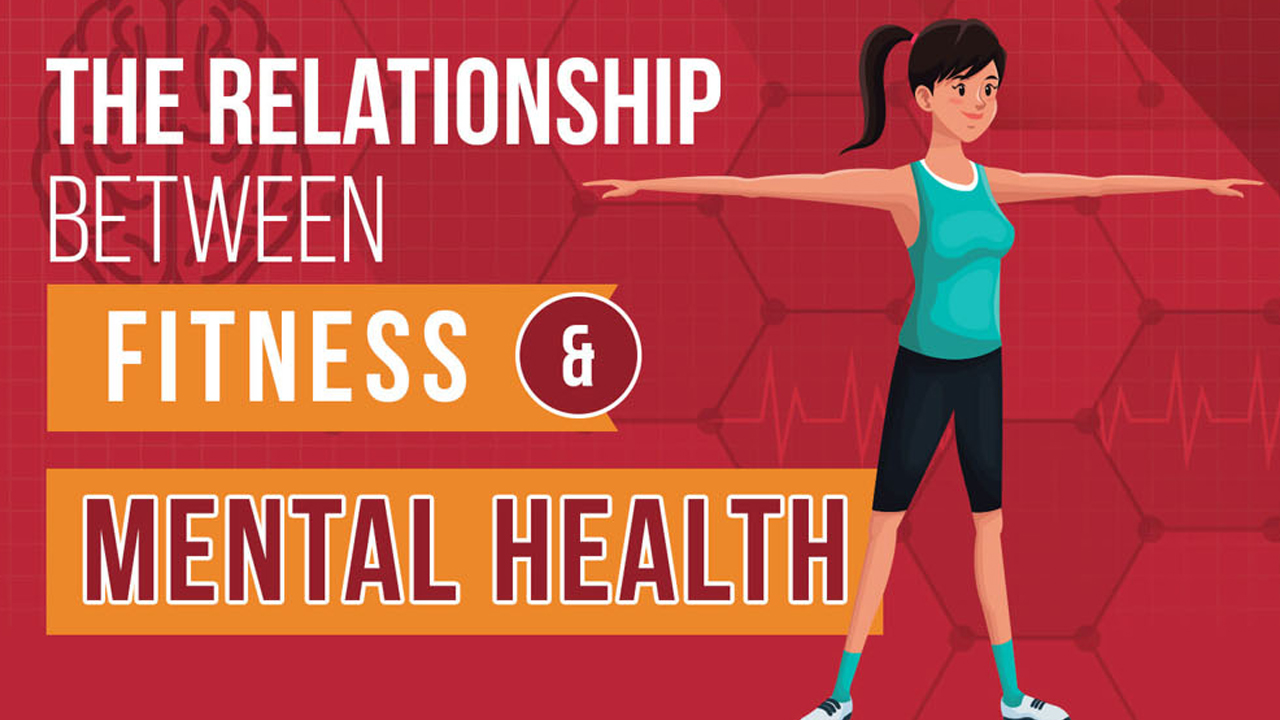Mental and Physical Fitness

The Benefits of Physical Fitness
Physical fitness is essential for our overall health and well-being. Regular exercise can help reduce the risk of chronic diseases such as heart disease, diabetes, and certain types of cancer. It can also help manage weight, improve muscle strength and bone density, and boost our immune system. Exercise has also been shown to improve our mood, reduce stress and anxiety, and promote better sleep.
The Benefits of Mental Fitness
Mental fitness is just as important as physical fitness. It involves taking care of our emotional, psychological, and social well-being. It includes managing stress and anxiety, improving our mood, and maintaining healthy relationships. Mental fitness can also increase our cognitive functioning, improve our memory, and enhance our creativity.
The Relationship Between Mental and Physical Fitness
The relationship between mental and physical fitness is significant. Our mental health can impact our physical health and vice versa. For example, stress can cause physical symptoms such as headaches, muscle tension, and fatigue. On the other hand, physical activity can improve our mood and mental health. Exercise releases endorphins, which are natural mood boosters.
How to Achieve Both Mental and Physical Fitness
There are various ways to achieve both mental and physical fitness. It is important to incorporate exercise into our daily routines. We should aim for at least 30 minutes of moderate-intensity exercise, such as brisk walking, every day. We should also focus on eating a balanced diet, getting enough sleep, and managing stress through techniques such as meditation or yoga. Additionally, we should prioritize our mental health by practicing self-care, maintaining healthy relationships, and seeking professional help if needed.
The Benefits of a Balanced Approach
It is important to have a balanced approach to both mental and physical fitness. Focusing solely on physical fitness can lead to neglecting our mental health, which can have negative consequences. Similarly, focusing only on mental health can lead to neglecting our physical health, which can also have negative consequences. A balanced approach can lead to overall better health and well-being.
FAQs
1. How often should I exercise to maintain physical fitness?
Admin: It is recommended to aim for at least 30 minutes of moderate-intensity exercise, such as brisk walking, every day.
2. What are some ways to improve mental fitness?
Admin: Some ways to improve mental fitness include practicing self-care, maintaining healthy relationships, and seeking professional help if needed.
3. Can physical fitness improve mental health?
Admin: Yes, physical activity can improve our mood and mental health. Exercise releases endorphins, which are natural mood boosters.
4. What are some ways to manage stress?
Admin: Some ways to manage stress include practicing meditation or yoga, getting enough sleep, and seeking professional help if needed.
Conclusion
Mental and physical fitness are essential for our overall health and well-being. It is important to have a balanced approach to both and prioritize both in our daily routines. By incorporating exercise, healthy eating habits, self-care, and stress management techniques, we can achieve both mental and physical fitness and lead a happier and healthier life.
